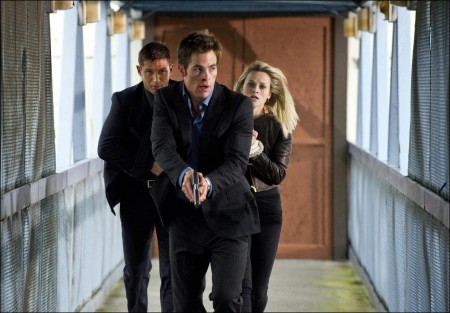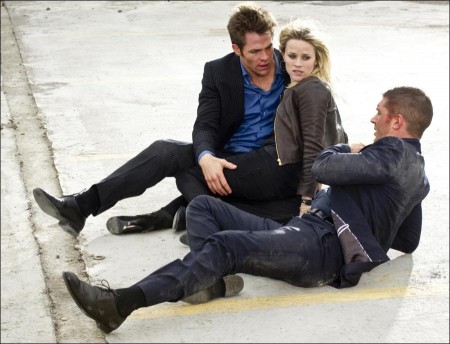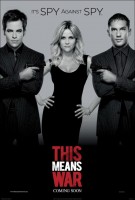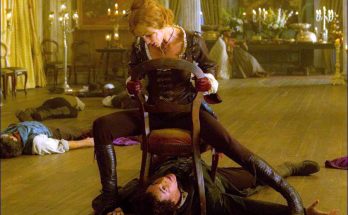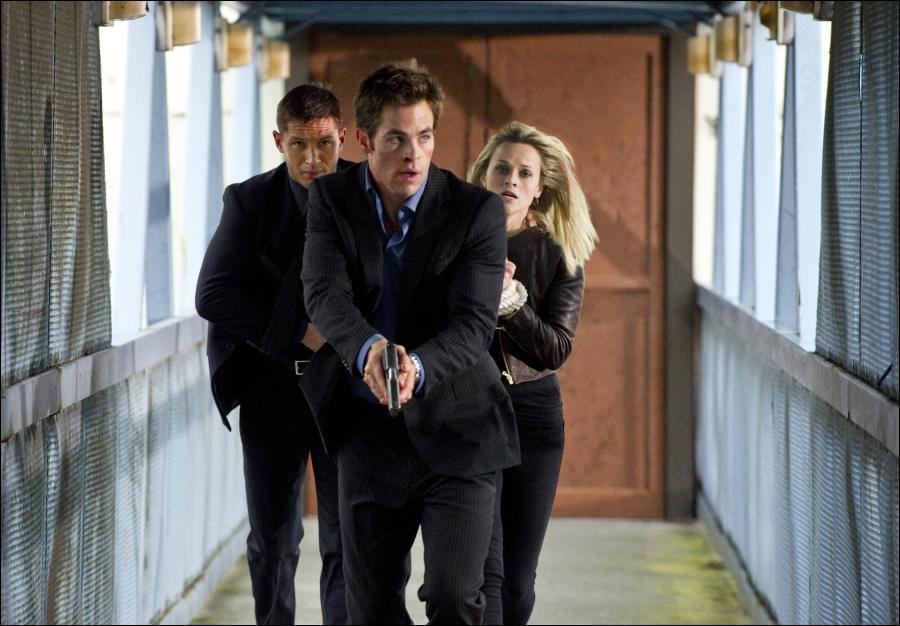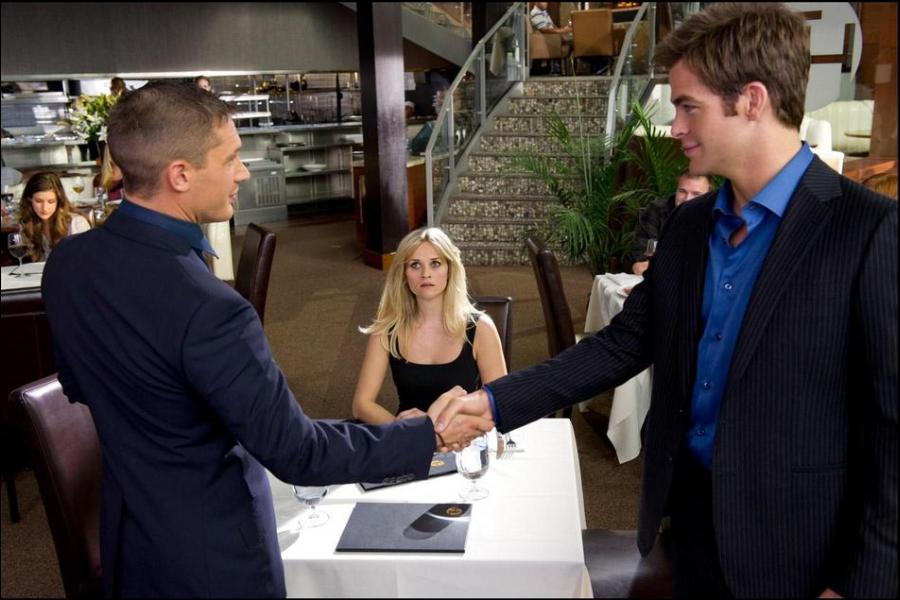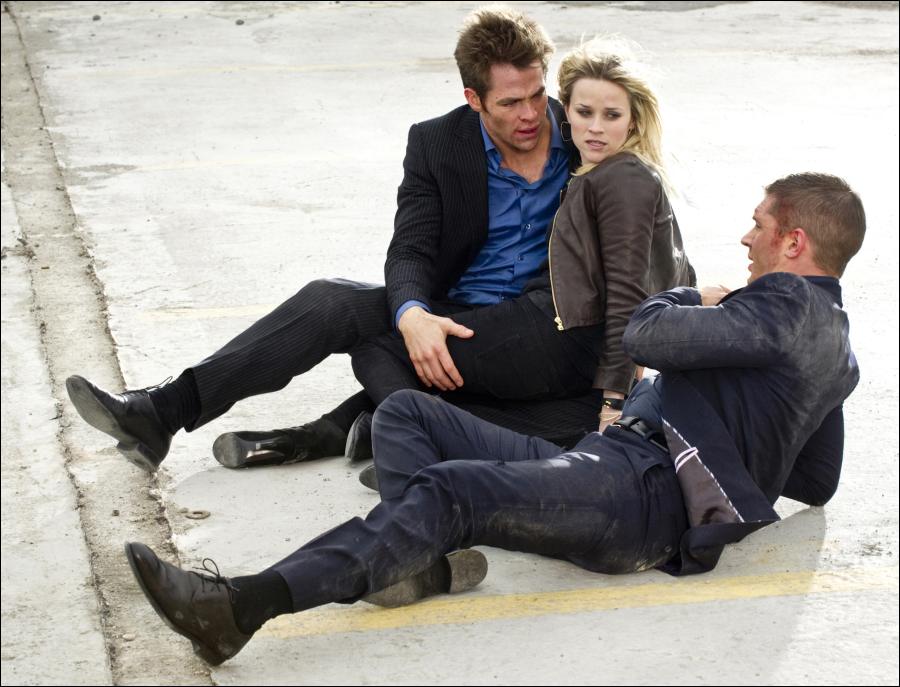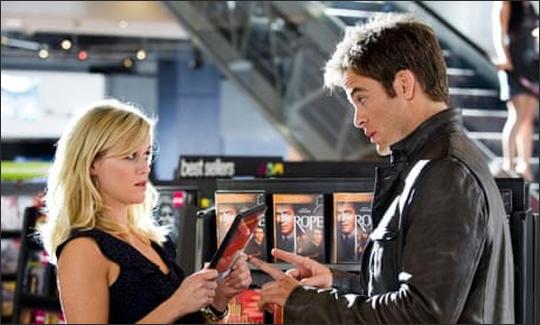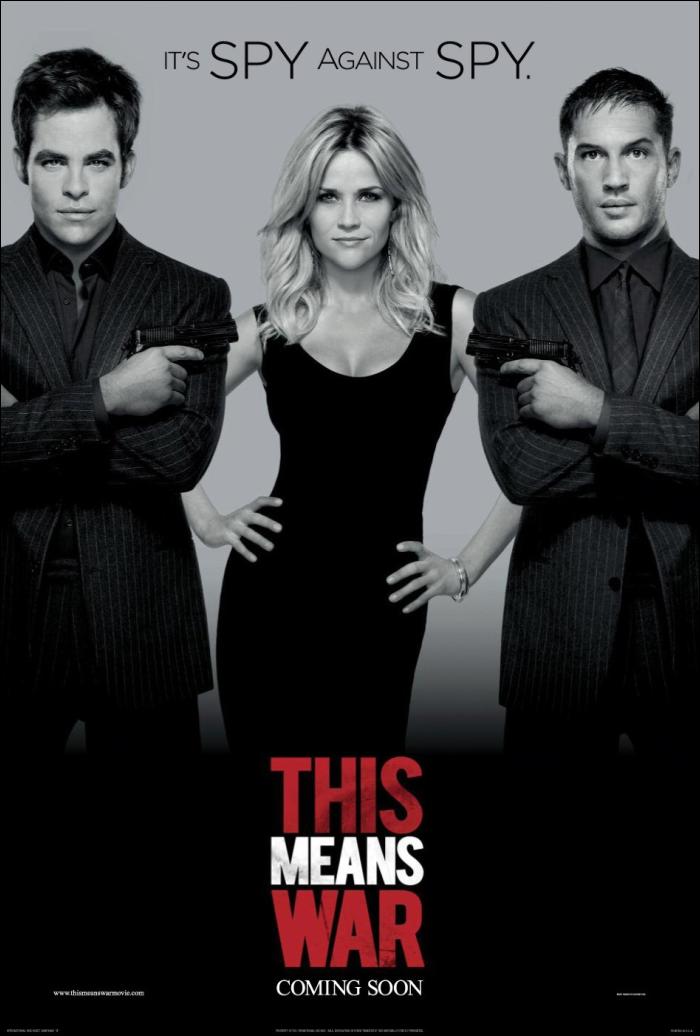Taglines: It’s SPY against SPY.
In Los Angeles, Franklin Foster – FDR to his friends – and Tuck Hansen are best friends and partners as undercover CIA agents, however recently reassigned to desk jobs after a covert operation gone wrong, which resulted in the death of criminal Jonas Heinrich, and his brother Karl Heinrich being able to escape, he who vows revenge on the two. Being undercover, not even their closest friends and family know what FDR and Tuck do, those people believing the covers of them being a cruise ship captain and travel agent respectively.
The two are different when it comes to their love life. FDR is a serial womanizer and party boy. Tuck is a recently divorced father, who still wants the traditional family life with his ex-wife Katie and their young adolescent son Joe, that life which does not seem like it will happen. Each of their love lives take a turn when they meet through different channels Lauren Scott, an executive at a consumer product testing company. Lauren, relatively new to Los Angeles, is just reentering the dating scene after her last relationship went sour.
FDR and Tuck eventually learn that they are both dating Lauren, who each believes could be the true love of their respective life. As neither will forgo Lauren for the other, they set some ground rules in their relationships with her, including not telling her that they know each other or that they know she is dating “someone else”, that they will not sleep with her, and that they will not let her get in the way of their friendship and partnership.
But as their feelings for Lauren grows, their rules may go out the window, with each doing whatever needed to win Lauren, even at the expense of their friendship. Conversely, Lauren loves both men, and receives dating advice from her best friend, married, over-sexed and straight talking Trish. Through it all, Heinrich could reenter the picture, he who could change the face of what’s happening in their personal lives…
Film Review for This Means War
‘I’m sorry, I have this laughter thing when bad things happen,” explains Reese Witherspoon through gales of hilarity, shortly after shooting Tom Hardy in the crotch with a paintball gun. “It isn’t funny.”
It’s a telling exchange that suggests her character falls squarely into the target audience for This Means War itself: a film during which very bad things happen very often, and none of them are noticeably funnier than genital trauma brought on by an air rifle.
The premise is simple enough. Tom Hardy and Chris Pine play a pair of undercover CIA beefcakes, both of whom are single and looking for love. Tuck (Hardy) is a kindly, divorced father of one, whose spying schedule is flexible enough to allow him to take his son to mid-afternoon karate lessons. His friend and colleague FDR (Pine), an allowable name in the world of This Means War, is a debonair ladies’ man with a broad chauvinist streak.
Neither Hardy, who specialises in smouldering menace, nor Pine, a square-jawed-and-straight-up type who was terrific as a troubled young father in Tony Scott’s Unstoppable, is a good fit for their part, but oddly, they’d suit each other’s roles perfectly. Perhaps they were sent the wrong scripts in the post and nobody noticed.

Both men have the hots for Lauren (Reese Witherspoon, squandered), a 30-something singleton who dresses and behaves like someone of roughly half Witherspoon’s age and IQ. She and Tuck meet via an internet matchmaking service, but minutes after their successful first date, she bumps into FDR and the pair have what passes in these films for great chemistry.
When Tuck and FDR realise they are both pursuing the same woman, they agree to continue to do so in a spirit of friendly competition, but before long, both are using the full extent of the CIA’s resources to spy on and scupper one another’s best efforts. There is also a European terrorist called Heinrich, played by Til Schweiger, who briefly rears his head whenever the time comes for another car chase or explosion.
This Means War is directed by Joseph McGinty Nichol, who is credited under his nickname, McG. Having already demonstrated startling ineptness in both the action and comedy genres with Terminator: Salvation and the recent Charlie’s Angels films, here he seizes the opportunity to make a mess of both simultaneously.
The action sequences, which include the now-obligatory gunfight in a lap dancing club, contain not a single original or exciting idea between them, and much of the comic relief is provided by the American talk show host Chelsea Handler, who drags down the sassy best friend role to alarming new lows.
In an optimistic attempt to claim some kind of historical precedent for all this, McG and his writers Timothy Dowling and Simon Kinberg explicitly draw a comparison between their work and the films of Alfred Hitchcock. In an early scene which sees Witherspoon and Pine’s characters flirting in a video rental shop – remember those? – Pine takes a copy of The Lady Vanishes from a shelf and grins: “It’s got comedy, drama, romance, it’s a thriller – you can’t go wrong with it.” (“I prefer the films Hitchcock made between 1960 and 1972,” replies Reese, with the air of someone who has recently read the Alfred Hitchcock page on Wikipedia.)
There is a precedent for This Means War, but it’s more recent and less respectable. It fits neatly into the recent studio mania for multipurpose multiplex product that arguably began with Mr & Mrs Smith in 2005, which was a box office success, and includes The Bounty Hunter, Killers and Knight and Day, which weren’t.
And who does Reese end up with? Well, she does finally make a decision, but the choice is neither prefigured nor surprising: it’s merely something that happens on the way to the credits. Like everything else here, it means nothing.
This Means War (2012)
Directed by: McG
Starring: Reese Witherspoon, Chris Pine, Tom Hardy, Til Schweiger, Chelsea Handler, Abigail Spencer, Angela Bassett, Rosemary Harris, George Touliatos, Natassia Malthe, Laura Vandervoort
Screenplay by: Timothy Dowling, Simon Kinberg
Production Design by: Melissa House, Martin Laing
Cinematography by: Russell Carpenter
Film Editing by: Nicolas De Toth
Costume Design by: Sophie De Rakoff
Set Decoration by: Carol Lavallee
Art Direction by: Kendelle Elliott, Eric Fraser
Music by: Christophe Beck
MPAA Rating: PG-13 for sexual content including references, some violence and action, and for language.
Distributed by: 20th Century Fox
Release Date: February 17, 2012
Hits: 130
